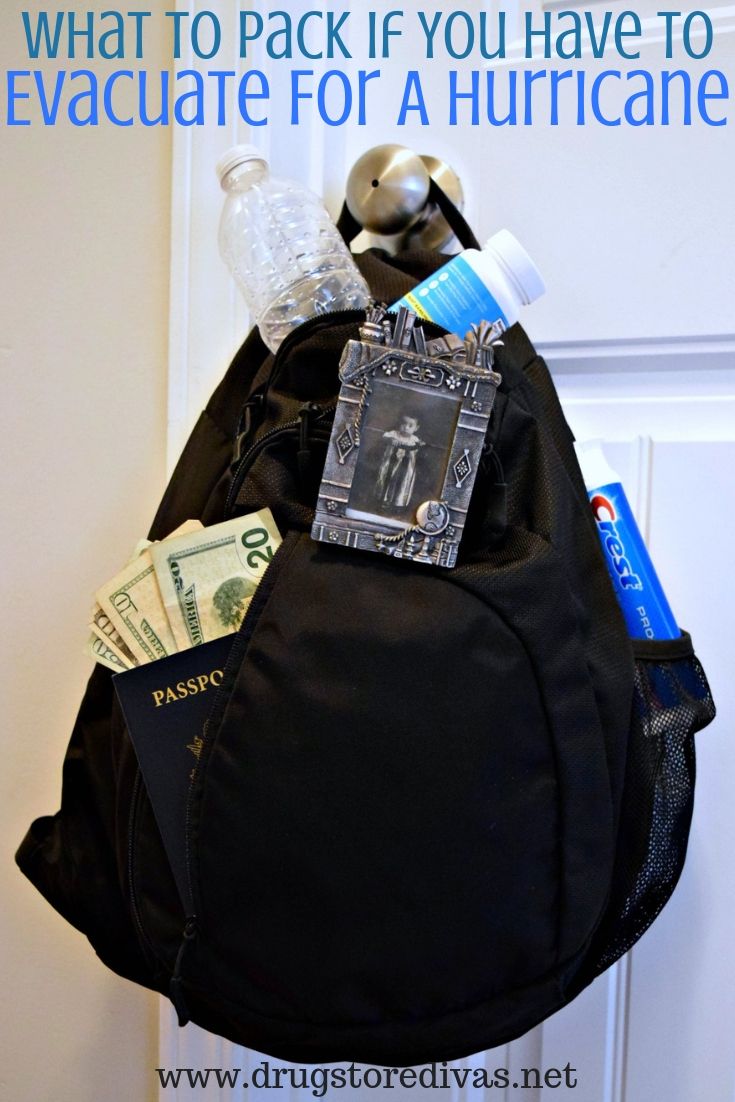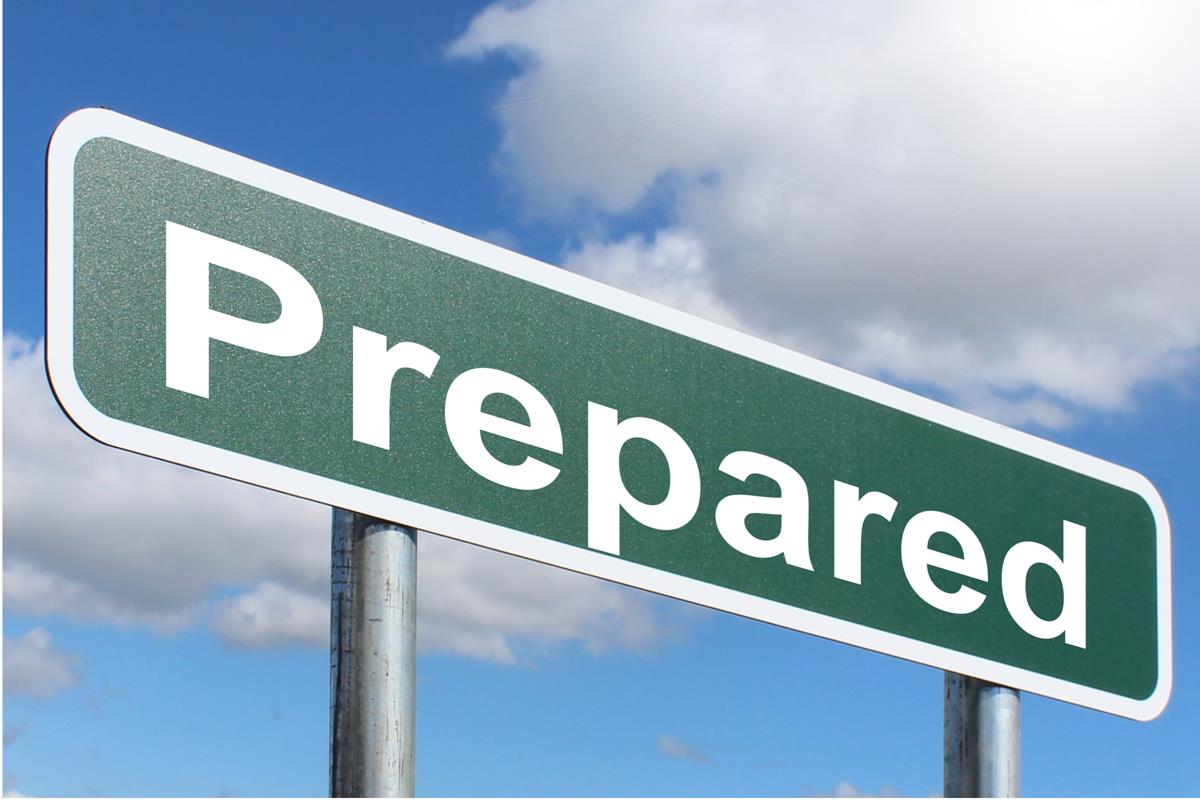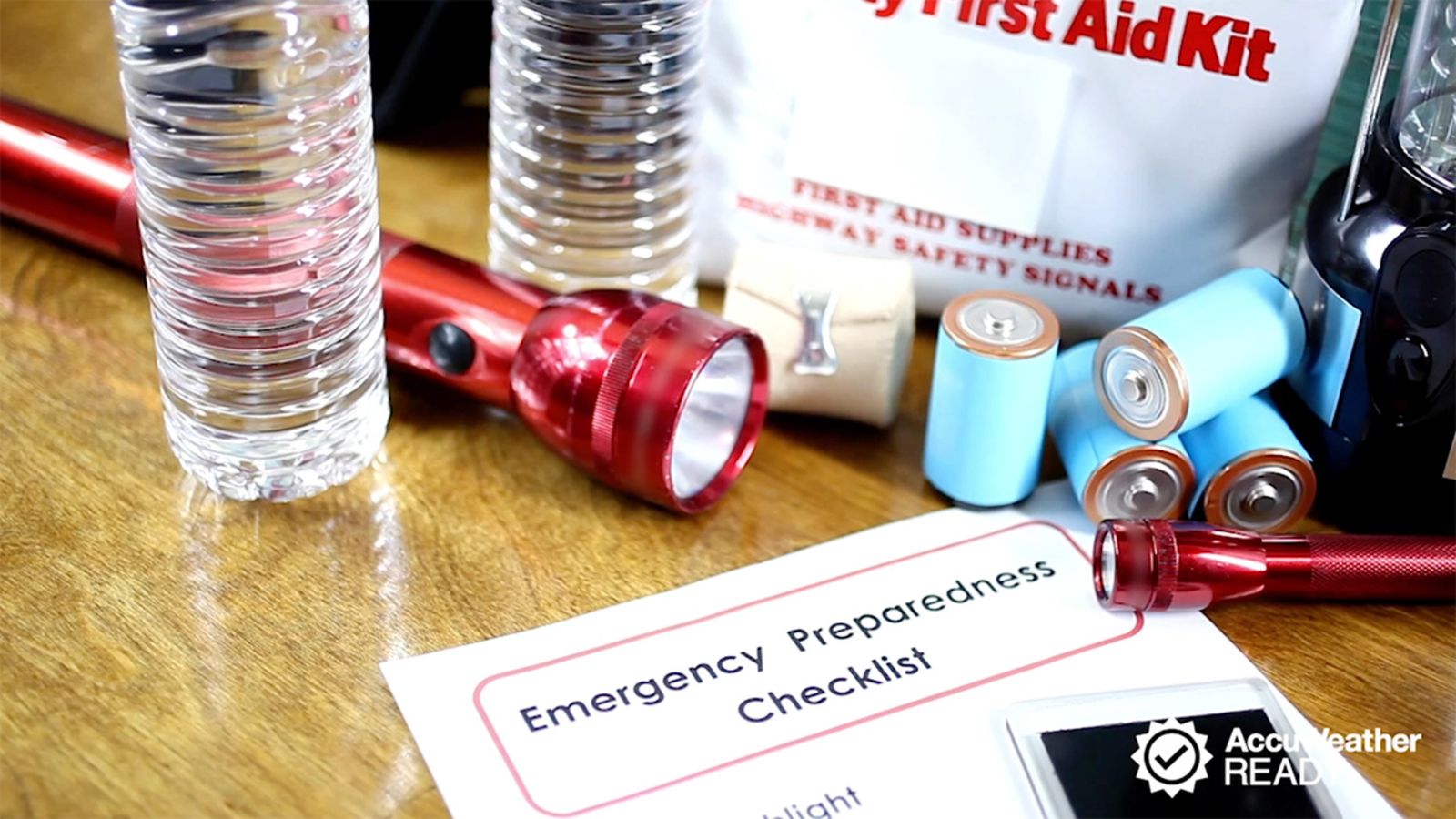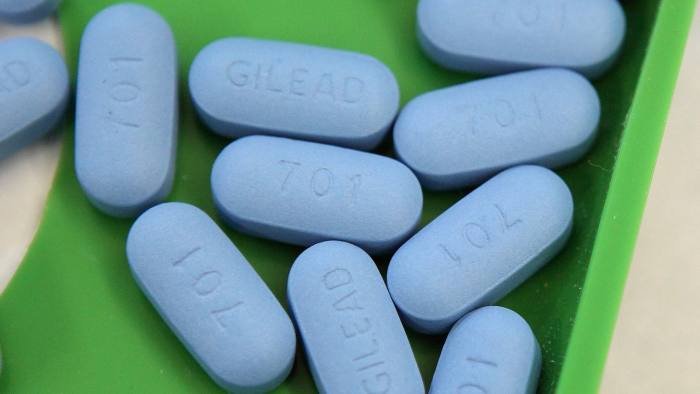Food:
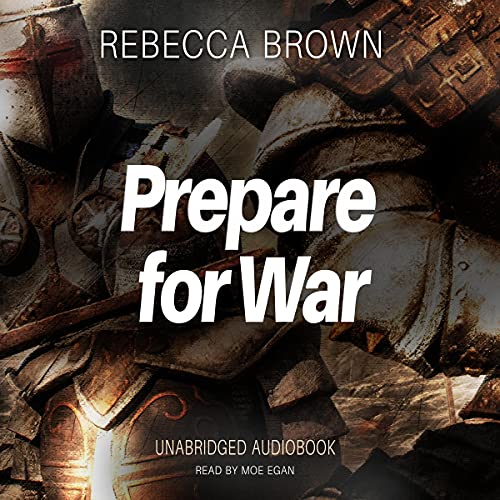
- Canned goods with long shelf lives: Canned fruits, vegetables, and meats are excellent options as they can last for years without spoiling.
- Freeze-dried foods: Easy to prepare by adding water and have a long shelf life.
- Dry goods such as rice, pasta, flour, and beans: These items can be stored for long periods and are versatile for different meals.
- Cooking oil, salt, and other essential pantry staples.

- Bottled water: Purchase a sufficient supply of bottled water for drinking, cooking, and hygiene purposes.
- Water purification tablets or straws: If access to clean water is limited, these items can purify contaminated water sources.
- Water storage containers: If you have a bathtub or other large container, fill them with water for emergencies.
Medical Supplies:

- First aid kit: Ensure your first aid kit is well-stocked with bandages, antiseptic wipes, pain relievers, and other essential medical supplies.
- Prescription medications: If you rely on prescription medications, ensure you have a sufficient supply in storage.
- Over-the-counter medications: Stock up on over-the-counter medications such as pain relievers, antihistamines, and decongestants.
Shelter:
- Tent or tarp: If you need to evacuate your home, a tent or tarp can provide temporary shelter.
- Sleeping bags or blankets: Ensure you have enough sleeping bags or blankets to keep warm at night.
- Ground pad or air mattress: A ground pad or air mattress will provide insulation and comfort when sleeping on the ground.
Communication:
- Portable radio: A battery-operated or hand-crank radio will allow you to stay informed during an emergency.
- Mobile phone: Keep your mobile phone fully charged and have a backup power bank available.
Clothing:
- Layered clothing: In case of temperature changes, having multiple layers of clothing allows you to adjust accordingly.
- Sturdy shoes or boots: Durable footwear is essential for navigating rough terrain or debris.
Tools:
- Multi-tool: A multi-tool combines several essential tools, such as a knife, pliers, and screwdriver, into one compact device.
- Flashlight: A flashlight is crucial for navigating in dark conditions or during power outages.
- Batteries: Stock up on batteries for your flashlight and other electronic devices.
Other Essential Items:
- Cash: In emergencies, cash may be more reliable than credit cards or electronic payment systems.
- Personal documents: Keep copies of important documents such as identification, insurance policies, and medical records in a waterproof container.
- Sanitation supplies: Toilet paper, hand sanitizer, and disinfectant wipes are important for maintaining good hygiene.
- Fire starter: A lighter, matches, or fire starter cubes can help you ignite a fire for cooking or warmth.







